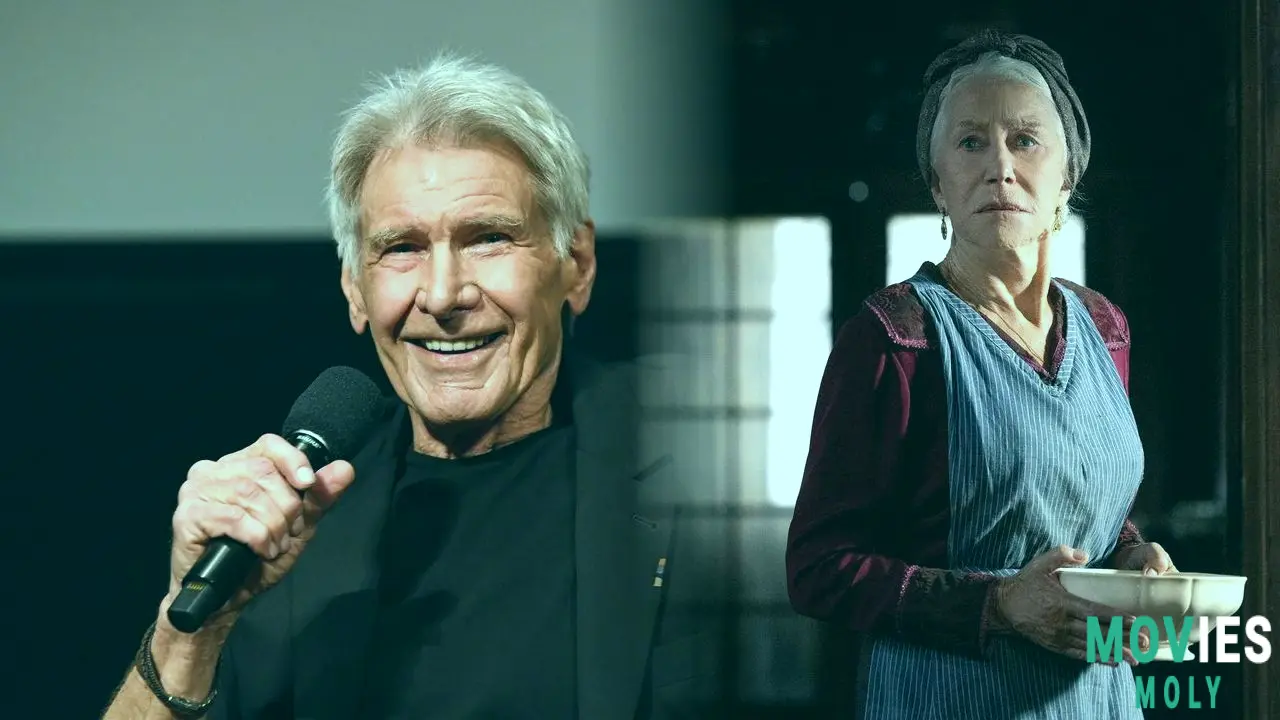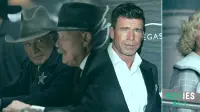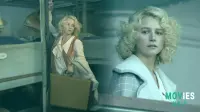In a storytelling universe as rugged, mythologized, and emotionally combustible as Taylor Sheridan’s Yellowstone franchise, few performances have landed with the quiet authority and layered gravitas of Helen Mirren’s portrayal of Cara Dutton in 1923. And after a final season that left even the cast guessing about the fates of its characters, Mirren’s last-minute survival through a blood-soaked climax wasn’t just a narrative twist — it was a triumphant exclamation point on a career that has expertly balanced risk, resonance, and reinvention.
Helen Mirren trusted without a script — and it paid off in iconic fashionOne of the most striking behind-the-scenes revelations from Mirren’s time on 1923 is how little she — and Harrison Ford, her on-screen husband Jacob Dutton — actually knew when they signed on. For the first time in their storied careers, both actors committed to roles without reading a single page of the script or character breakdown. It’s a leap of faith that most seasoned performers might shy away from, but Mirren embraced it. “I fully expected to be killed off,” she admitted in a recent Gold Derby interview. And like many viewers, she was as shocked as anyone to see Cara alive in the series finale.
This kind of trust — in creator Taylor Sheridan and in the creative process itself — is emblematic of Mirren’s career. She doesn’t just play roles; she partners with storytellers. And Sheridan, known for his sharp, unpredictable writing and mastery of genre subversion, gave her a character arc that was as grounded as it was powerful. A character arc that, by design, had a beginning, a middle, and an end. Or so everyone thought.
Cara Dutton’s survival subverts expectations and enriches the Yellowstone mythos
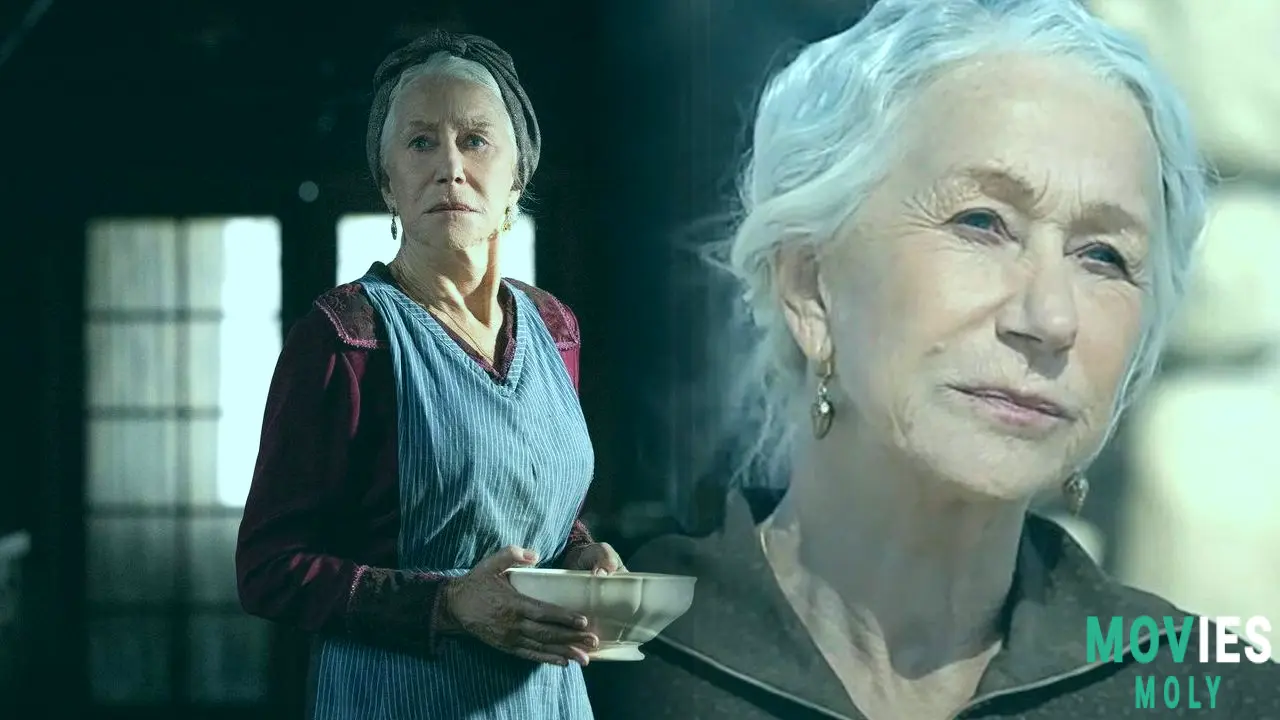
The final episode of 1923 delivered a brutal siege on the Dutton ranch — a bloodbath that seemed certain to claim the lives of both Cara and Jacob. But in a twist that mirrored the show’s appetite for emotional realism over cowboy clichés, both characters survived. More than that, they were left with a new purpose: raising the infant John Dutton, a direct link to the legacy of Yellowstone’s original series.
Mirren confessed she “expected to probably kick the bucket in the second-to-last episode,” but the decision to keep her and Ford alive wasn’t just a shock — it was narratively inspired. As she told PEOPLE, “It’s not what you expect — and that’s what Taylor’s very good at.”
Jacob and Cara’s survival doesn’t just extend the family line—it completes it. And it does so in a way that feels deeply honest. As Mirren eloquently put it, “Now we’re seeing what happens at the end of that story... you very rarely see that onscreen, but it’s actually something that people love to see.” This is the kind of storytelling that digs beneath surface-level drama and taps into universal truth. It’s a testament to Mirren’s instinct for roles that aren’t just dramatic, but meaningful.
This isn’t just a Western role — it’s a masterclass in mature, feminine strength
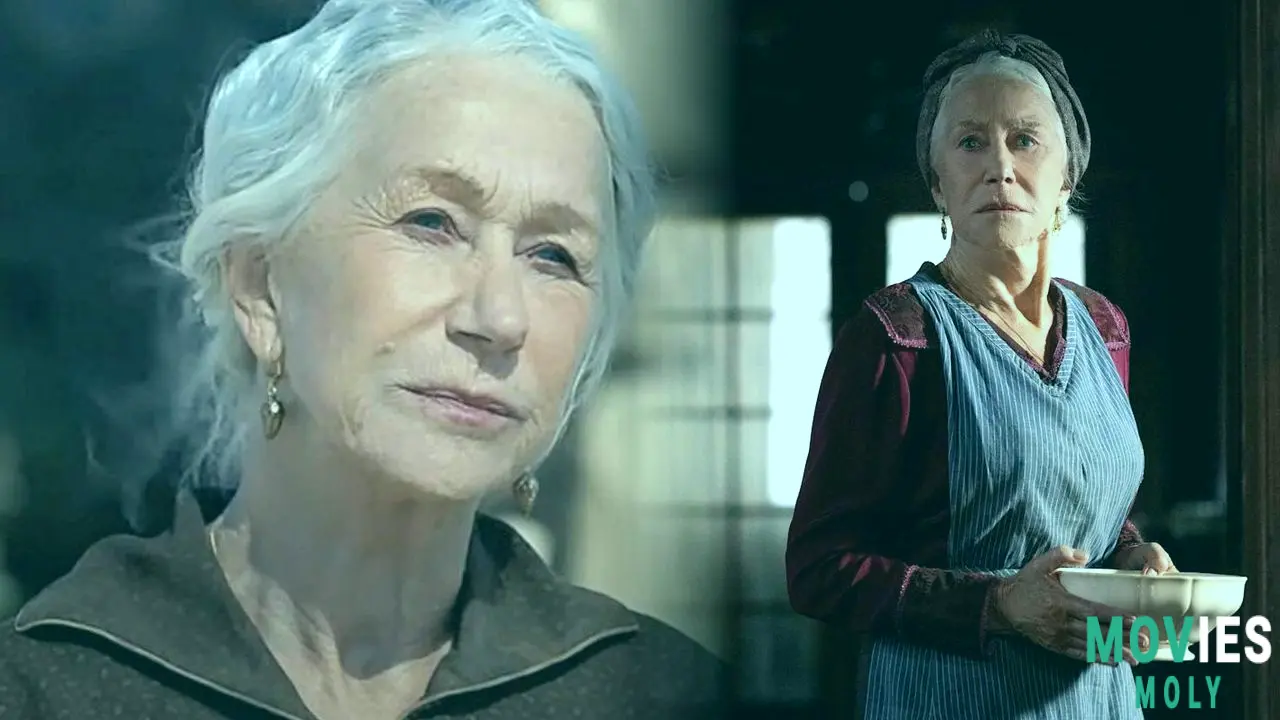
Throughout her two seasons on 1923, Mirren’s Cara Dutton was a study in contrasts: tough but tender, grounded but unyielding, loyal but fiercely independent. She wasn't a typical matriarch; she was a force of nature tempered by love and experience. And that dynamic chemistry with Ford’s Jacob — described by the actor as “partners as much as lovers” — gave the series one of its most authentic and emotionally resonant relationships.
Mirren’s commentary on the nature of Cara and Jacob’s relationship hits on something rare in genre TV: Adult love that evolves beyond passion into partnership. “These two are partners as much as lovers,” she said. “And that’s... something you very rarely see.” For a genre often stuck in the cycle of meet-cute-to-conflict, 1923 gave us an *ever after* — and Mirren made sure we lived it with every glance, every silence, every steely smile.
Mirren’s future may not include more Duttons — but her star keeps rising
Despite her love for the character and the universe, Mirren isn’t banking on a return to the Yellowstone world. “I’d love to revisit Cara, but you know that’s not going to happen,” she said. And she’s perfectly okay with that. After all, 1923 gave her a complete story to tell — and she told it brilliantly.
What’s next for Mirren? Plenty. She’s currently leading Guy Ritchie’s Paramount+ crime drama MobLand as the merciless Maeve Harrigan — a role she describes as “crueler” than Cara. She’ll also be seen in The Thursday Murder Club, Goodbye June, and Switzerland. And like any hero worth their salt, Mirren keeps moving forward, digging into new roles with the same intensity and intelligence she’s brought to every character for decades.
Helen Mirren’s legacy is now as much genre-defining as it is legendary
Helen Mirren’s journey through 1923 may not have involved superpowers or time travel, but it delivered something just as potent: a reminder that real strength on screen comes from truth, trust, and transformation. Her unexpected survival in the series finale wasn’t just a plot twist — it was a celebration of a character, and an actress, who continues to defy expectations simply by being herself.
In a media landscape obsessed with sequels, spinoffs, and shock value, Mirren’s Cara Dutton stands tall as a symbol of enduring storytelling. And like any great superhero — even one without a cape — she’s proven that the most powerful thing you can do is survive *with* purpose.

